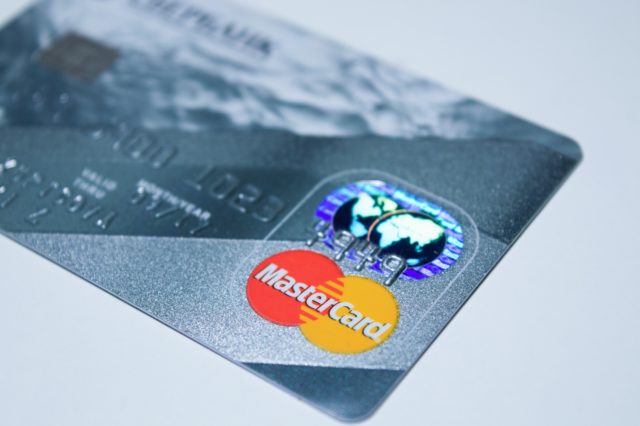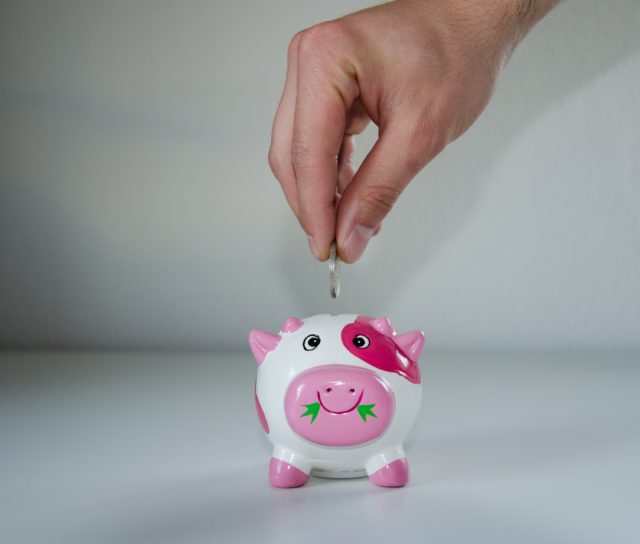Stress can rear its ugly head in any part of our life. We may be having a particularly tough time at work with an overbearing boss with unreasonable demands and expectations that we will be working all hours God sends each week. We could have a rift in the family that can cause untold worry and stress. Sometimes stress emanates from our financial situation and the seemingly hopeless nature of it. If you have the burden of financial stress, there are some proactive steps that you can take to ensure that stress doesn’t take over your life and help you get a tighter grip on your money.
Write It All Down
Even though it might be tough reading, it’s important that you have a clear picture of your financial situation, no matter how dire it may seem. Write down every iota of debt that you have, every bank account that is active, every balance that you have, your incomings, your expenditure and your rent or mortgage payment. By seeing your cash flow in black and white, you can begin to think logically and more objectively.
Begin a budget. By accounting for every piece of expenditure, you will quickly be able to shave off those unnecessary luxuries such as that almond croissant you pick up every Friday on the way to work. Every cent saved can be put towards your debt repayment.

Organize
The sheer scale of our debts can be overwhelming. Try not to panic and consider heading to a site like consolidation.creditcard where you might be able to morph all of your numerous credit card debts into one manageable monthly repayment. This may help you shift the debt quicker and prevent you from only scratching the surface of the interest you owe.
Cancel the credit cards that you haven’t used in years and source a card that charges 0% on balance transfers like the ones listed at nerdwallet.com. This way, you can have just one card. Yes, the balance may be larger, but it will be motivating when you see the amount you owe decreasing each month.

Savings
Although you are in debt, this doesn’t mean you cannot save. Even if it is only ten or twenty dollars a month to begin with, you will start to build up a rainy day fund. As the dollars begin to stack up, you will be even more motivated to continue down this healthier financial path. By doing this, you can dip into this savings pot if your car needs repairing or your dog needs to pay a visit to the vet rather than taking on more debt on a credit card.
It’s important that you have a friend that you can talk to about your stress and worries. A problem shared really is a problem halved and you will feel a huge sense of relief as you unload. Although it can feel lonely, you are not the only person to have to manage debt. By following these three simple steps, you will see not only an improvement in your financial health, but also your mental well being.
